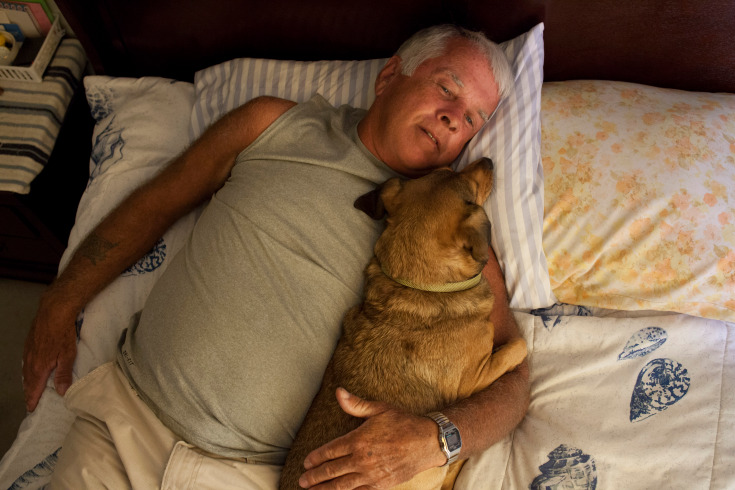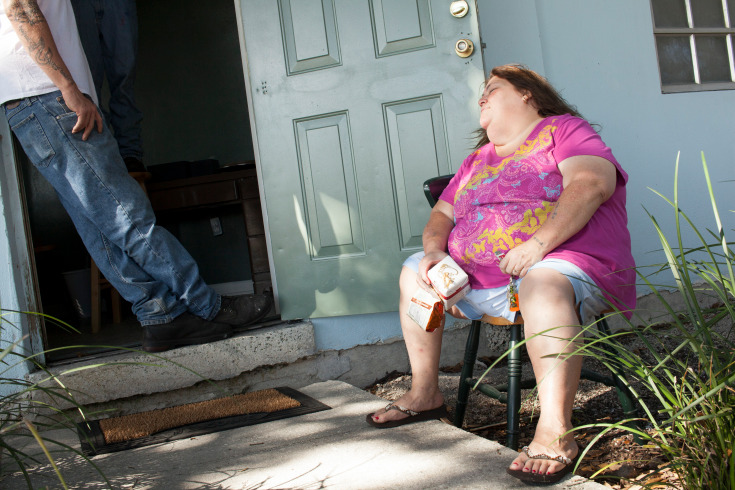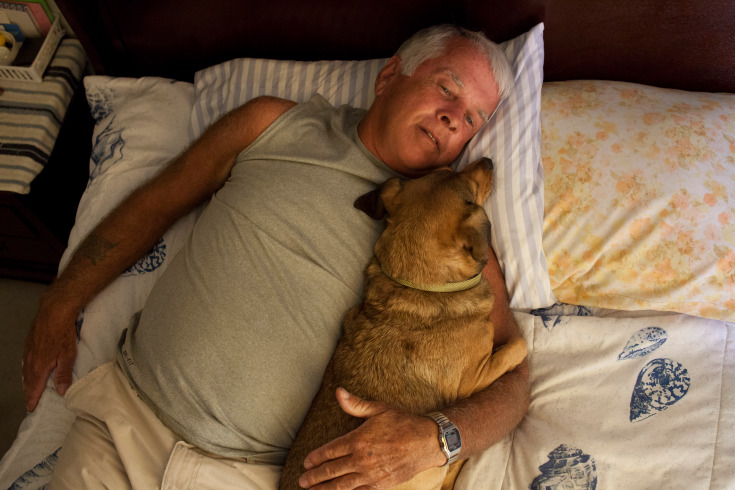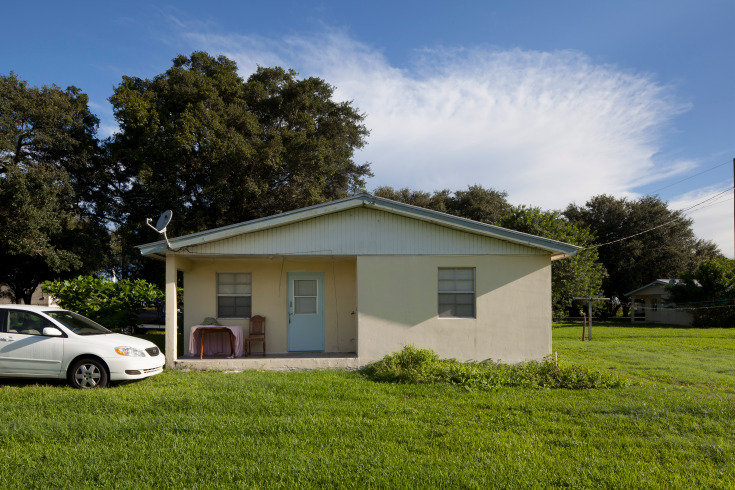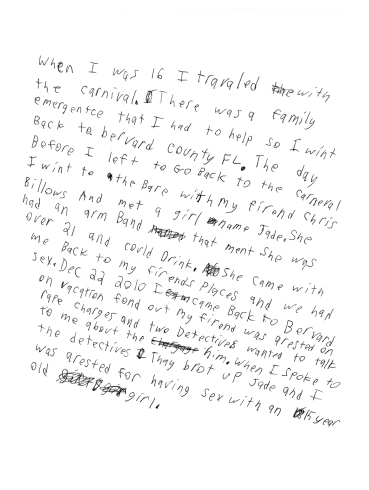BY: SINEAD MULHERN
Nestled in Florida’s south, in the impoverished area of Palm Beach County and in the midst of sugar cane fields is a place called Miracle Village.
It’s a place with a description that doesn’t really match its name: Miracle Village is home to 100 sex offenders who have finished their prison sentences and having been cast out of society, have nowhere else to go.
The area used to be home to migrant West Indies workers who worked the sugar cane fields. Then in 2009, Dick Witherow, an evangelical Christian pastor, turned it into what is it today. He relates to the group of men and one woman who exist in this post-prison community. Witherow was 18 when he got his 14-year-old girlfriend pregnant.
Most of these ex-cons live in Miracle Village because it’s tough to find a place to reside elsewhere. The law in many municipalities states that sex offenders cannot be less than 1,000 ft from where children congregate. Some even increase this distance to 2,500 ft. Because of these laws, it can be tough to find a spot to live for people convicted of sex crimes. Rules are strict on this group of 100: most have to wear ankle monitors and a 7 p.m. curfew is enforced for several. It’s a small isolated location— that’s why little outsiders interact with the inhabitants.
Sofia Valiente is a young photographer from a neighbouring town. When she discovered Miracle Village, she was drawn towards photographing the people. Her work was turned into a book with the same name as the location. In it, she uses photographs of the subjects along with their written testimonies to capture the sense of isolation that the setting evokes. In some of the portraits, even the GPS anklets are visible.
Valiente’s work is controversial in that she is shining the spotlight on a group of people that most in society would rather not think about. Many just don’t know what to do with this group of people after they have already served their sentences. Part of her work is to focus on the differences in their sentences: some served time for having relationships with minors who were a few years younger at the time, while others committed much more severe crimes like having sex with children.
Thumbing through Valiente’s book, readers will be confronted with an experience that is meant to be emotionally confusing. Anyone who looks at it is forced to face tough questions like is the subjects’ loneliness deserved? At what point do we forgive? And what about the victims? What have they gone through to recover from the pain caused by these people who now take up pages of a book?
One thing that’s for sure is that it’s near impossible not to have a strong opinion. Right now, Valiente’s work is exhibiting in London at the Daniel Blau gallery.
Lee laying down inside his room in Miracle Village. Lee went to prison when he was 18 and served 12 and a half years of his 15 year sentence. He is serving the other 2 and a half years on conditional release. His restrictions include a 7pm curfew, no driving other than for employment purposes (he is also not permitted to drive alone). No Internet, monthly urinalysis, no contact with minors even family members, GPS monitoring and paying the cost of his supervision. He must register as a sex offender for the remainder of his life.
Doug after a day of working outside. He helps out in the community by doing occasional lawn work and other maintenance jobs. Doug lived in a tent in the woods prior to coming to the village. Because of distance restrictions he was unable to go home after serving his time and had difficulty finding a place to live.

A photo of Matt with his mother and grandmother, who came to visit him while he was in prison.
David’s house, Miracle Village, Fla. All sex offenders must register their home address once every three to six months and every time they move.
David smoking a cigarette outside his house where he lives with his mother since his release from prison. “My mother is my rock…she stood beside me from start to finish.”

Gene laying down with his dog Killer for a nap. “Only a fool would truly trust anyone if you are a sex offender,” he says.
Paul’s house, Miracle Village, Fla.

Tracy’s House, Miracle Village, Fl.
Tracy cleaning off leaves from his porch. He is HIV positive. His medical condition played a factor in him getting released from the Florida Civil Commitment Center, a sex offender treatment program in Arcadia, Florida where he was sentenced for an indefinite amount of time.

Ben playing with his cat Cindy on his day off from work. He works at his mom’s office in Hollywood, Florida four days a week. It takes him three hours of driving each day to go to and from work. He must be back home in Pahokee before his 10pm curfew.

Doug sitting near the entrance of Miracle Village. “I was traveling with the carnival until I was 20 years old, ” he says. “I had a friend of mine named Chris Billows, also known as Nightwolf. Him and my mom used to work at McDonalds together. After I got into trouble I became homeless and couldn’t get a job so I lived 2,500 feet into the woods. Sometimes my friends would come hang out and we’d play manhunt.”
The following letters were written by residents of Miracle village. The photographer asked subjects to write his or her own story.
Handwritten letter from a resident of Miracle Village
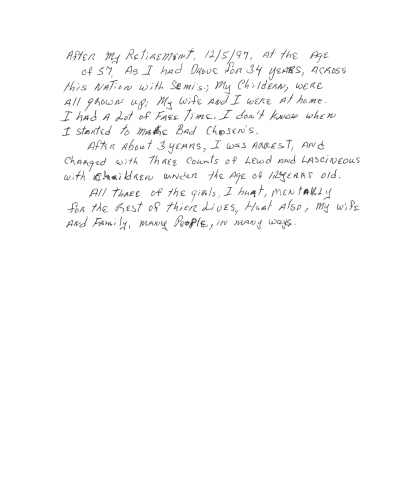
Handwritten letter from a resident of Miracle Village
Images via Sofia Valiente
